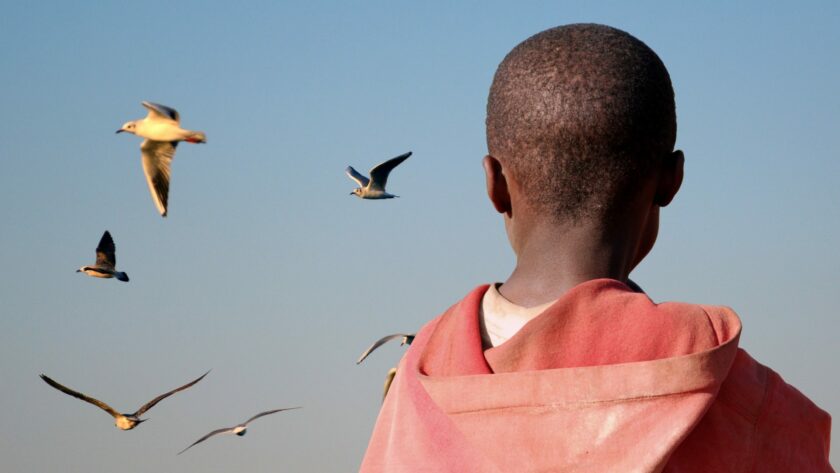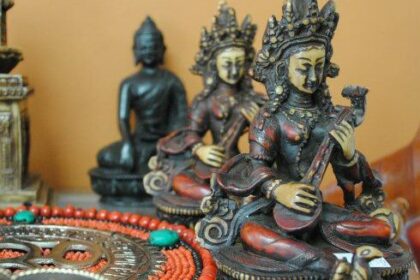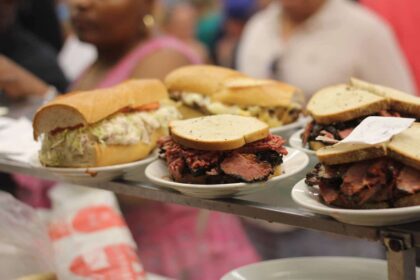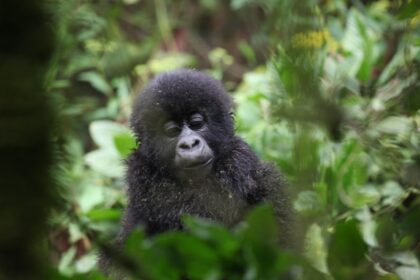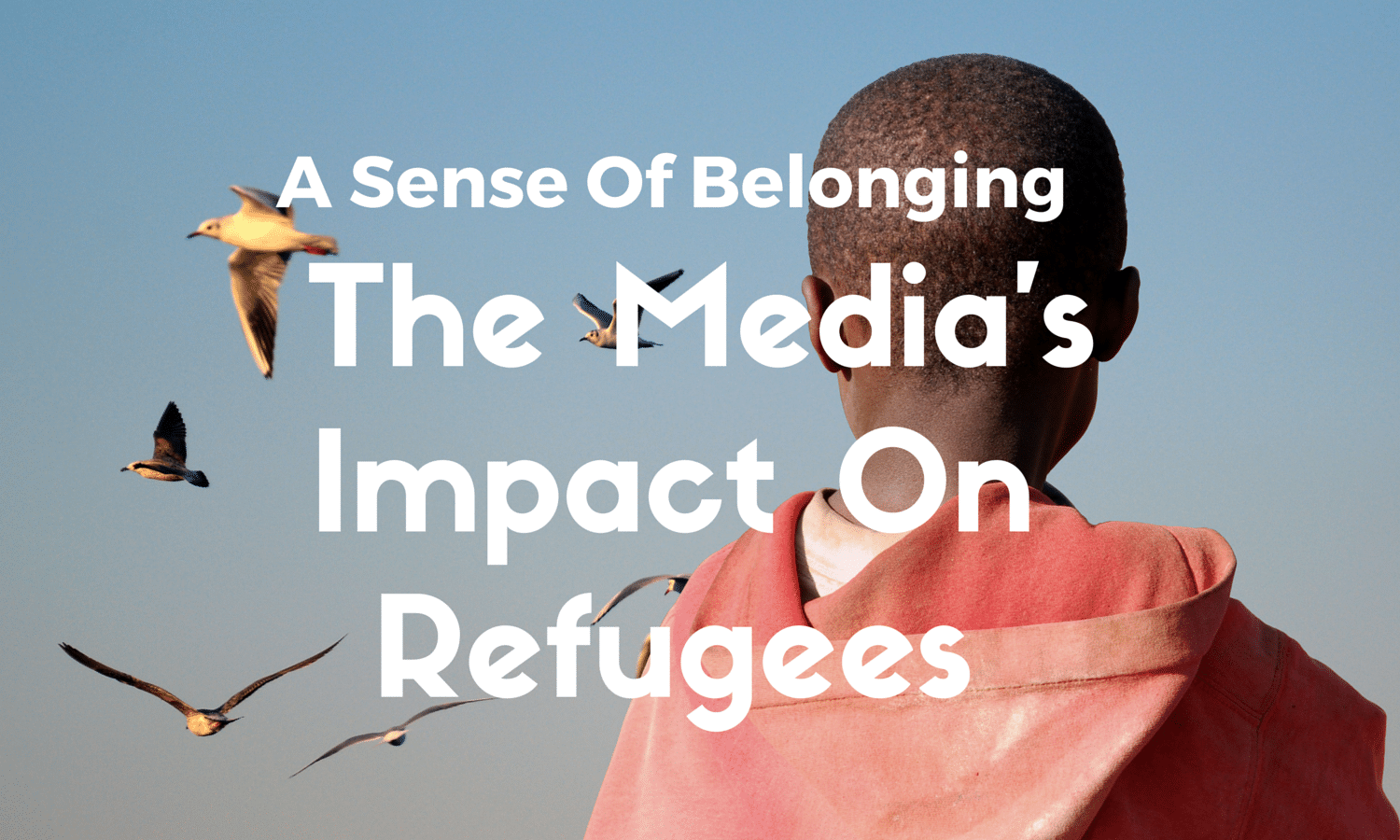
Karina Hayat was only 11 when her family fled poverty and civil war in Guatemala and sought refuge in Canada. They settled in Vancouver, where Karina still lives. Starting a new life in Canada wasn’t easy at first, but Karina was determined to learn English and work towards starting her own business.
A former refugee, Karina now runs a multi-million dollar marketing company with her husband, Zeeshan Hayat. She has come a long way since her arrival in Canada back in 1991, and Karina attributes her success in part to the country’s multicultural and hospitable environment.
While Canada continues to welcome asylum seekers, mainly from war-torn Syria, to help them build a new life as Canadians, refugees arriving in other parts of the world aren’t always met with such warm reception.
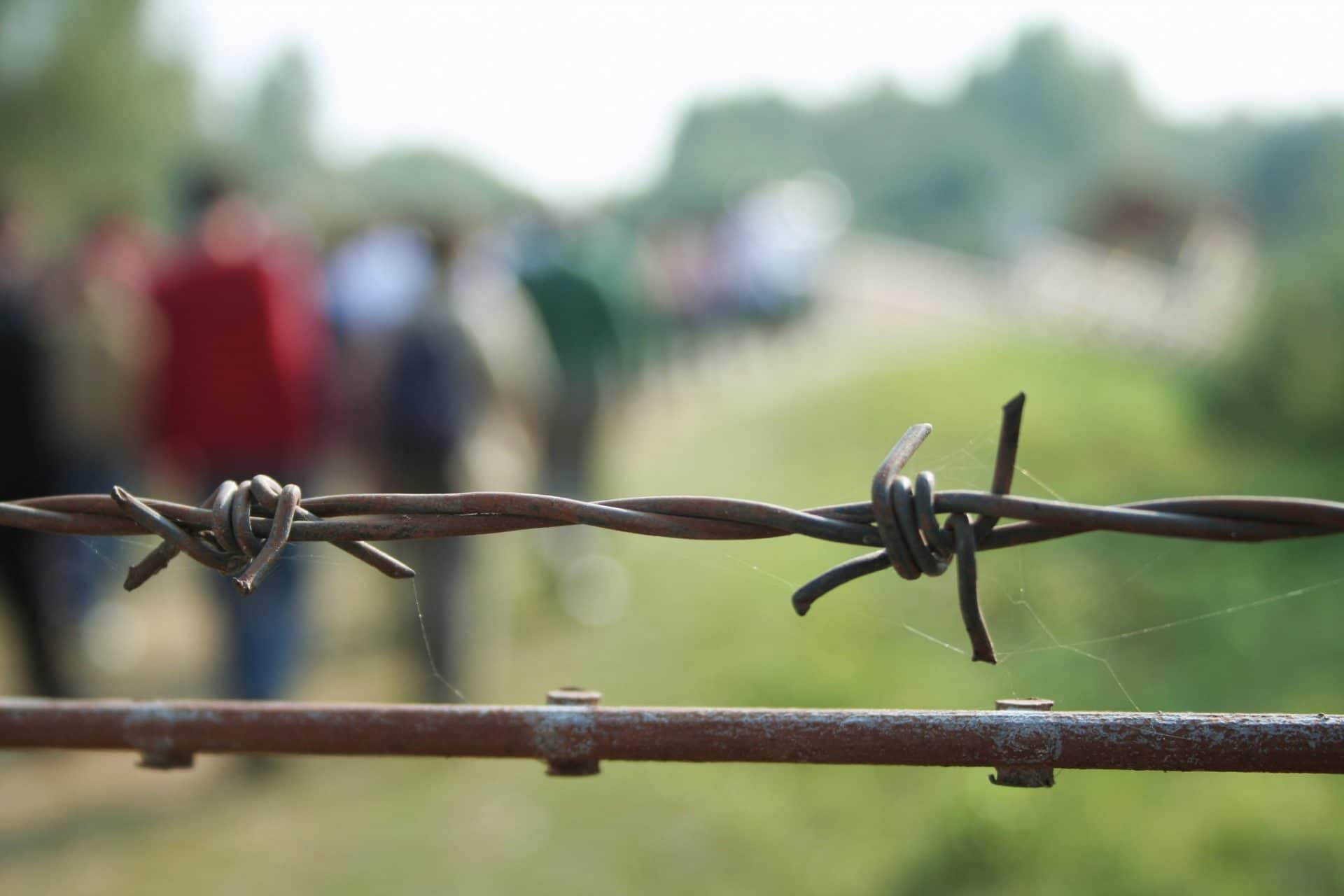
International Reaction To Refugees
The ever-increasing influx of refugees from Africa and the Middle East has prompted some European countries to close down their borders and introduce stricter immigration policies. In Southeast Asia, thousands of Rohingya Muslims fleeing religious persecution in Myanmar are also facing tough asylum policies upon arriving in Indonesia, Thailand and Malaysia. As a result, many refugees enter foreign territories under a cloud of uncertainty, having no clue what life will be like in their adopted country, or what to expect.
Cultural, economic and social conditions play a key role in determining a refugee’s sense of belonging in a new country. A thriving economy and high standards of living may help asylum seekers build a new life, but their integration in society is sometimes impeded by other factors, the media being one of them.
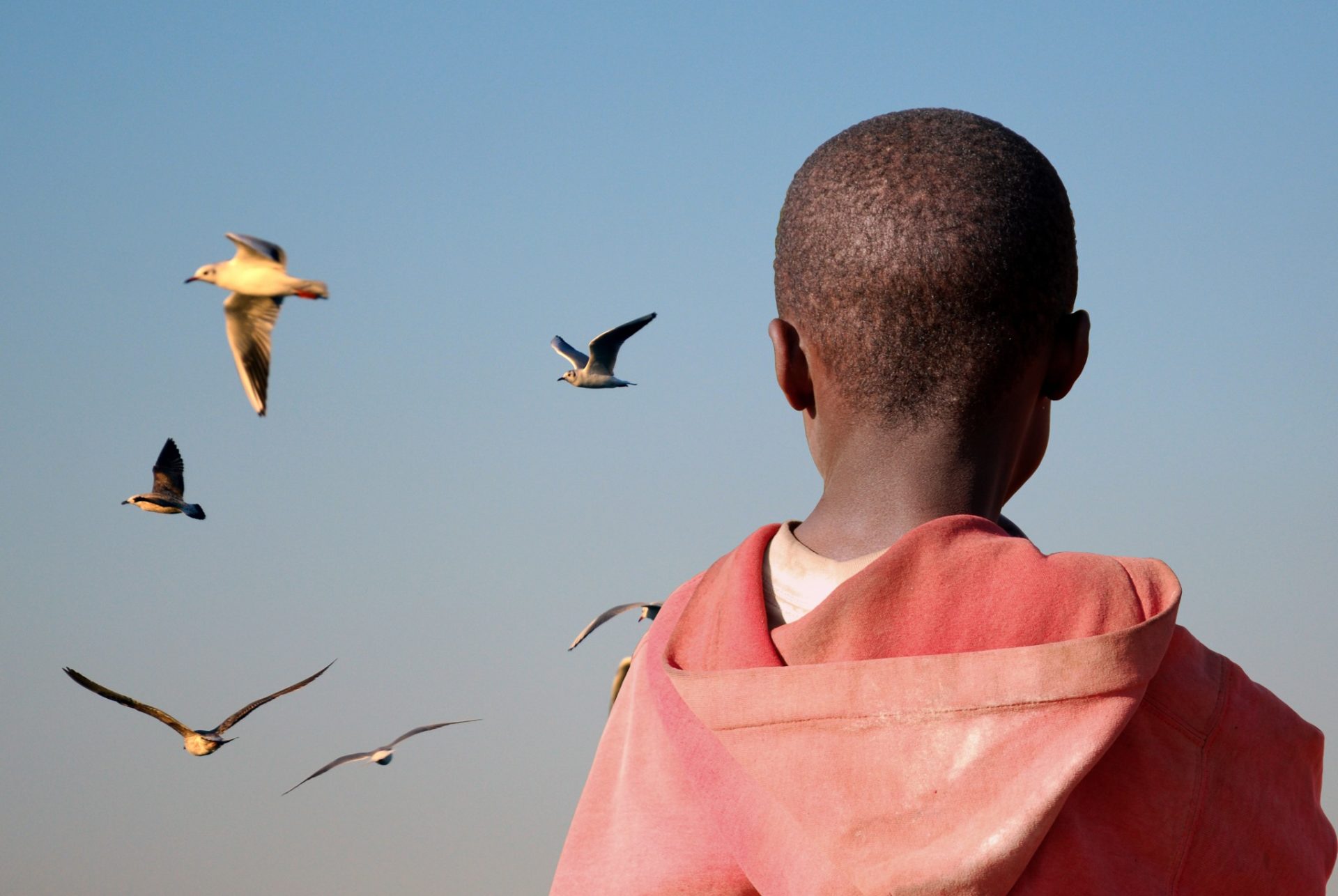
Media Coverage Of The Refugee Crisis
A powerful tool in shaping public opinion, the mainstream press has been a leading agent in influencing general attitudes towards refugees. Besides garnering sympathy for asylum seekers, news coverage also has the power, through misrepresentation and propaganda, to stimulate hostility towards refugees. In light of this, refugees’ ability to establish a new identity and integrate in a host society partly hinges on their portrayal in the media.
The latest wave of refugees has generated TV debates and press reportage from different approaches. At the same time as sexual attacks allegedly committed by refugees made the headlines in European news portals, other journalists were bringing us human stories from refugee camps in Jordan and Turkey.
According to UNHCR report on press coverage of the refugee crisis in the EU, refugee voices in the UK press receive less exposure than political sources and citizen voices. With regards to common refugee themes in the British press, the study found that the majority of newspapers mainly focus on migration figures, search and rescue operations, and the reception or rejection of refugees. Humanitarian themes, such as insights into the ordeals of asylum seekers and success stories of refugees, are mostly prevalent in left-wing newspapers, but their presence in the press remains eclipsed by statistics of refugee arrivals and population growth.
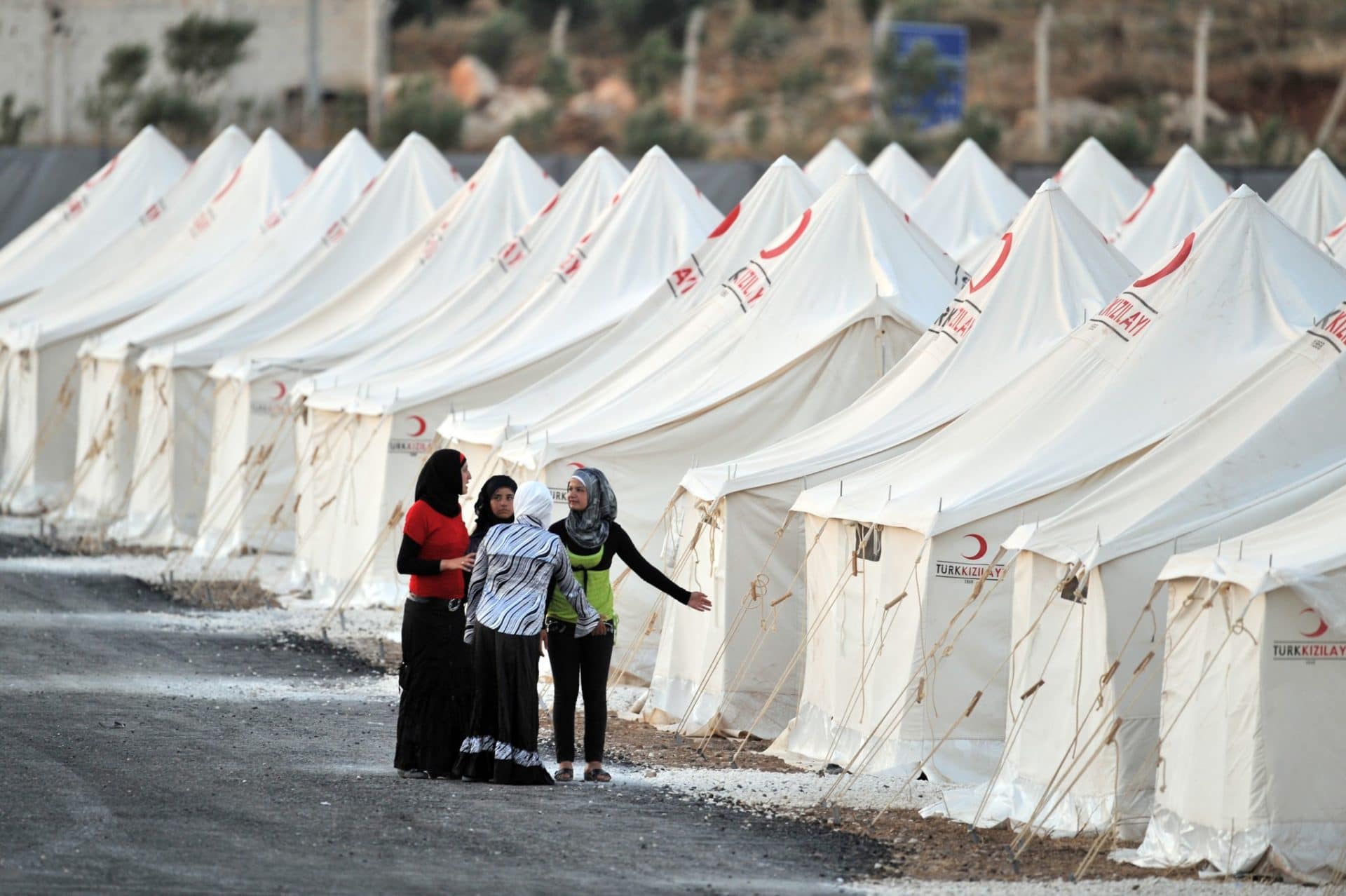
How The Media Affects Refugees’ Sense Of Belonging After Relocation
Twenty-five years after being granted asylum in Canada, Karina doesn’t see herself as a refugee anymore, but identifies herself as a Canadian. Her integration process was largely unaffected by the media’s portrayal of asylum seekers, but today refugee issues get more news coverage than they did two decades ago. Nevertheless, Karina believes that this widespread media attention doesn’t hinder refugees from moving to a safe country and adapting to a new culture. Despite the dangers and obstacles that are often depicted in the mainstream press, thousands of asylum seekers continue risking their lives to reach safety.
The media’s choice of words when reporting on asylum seekers has a significant impact on refugees’ identity. The terms migrant and refugee have been used interchangeably by some media outlets, blurring the distinction between people who have left their country in search of work and better prospects, and those who flee their homes because their life is in jeopardy. Misrepresenting refugees not only undermines their plight, but it also diminishes their chances of being accepted by society.
Negative portrayal of refugees in the mainstream press exacerbates stigma and hostility, and sensational reports often present asylum seekers as economic opportunists, potential criminals and a threat to national security. In Europe, the media’s continuous reportage on criminal activity by refugees has sparked anti-refugee protests across the continent and led to an increase in violence against asylum seekers.
Misrepresenting #refugees undermines their plight. Here's how. #good Click To Tweet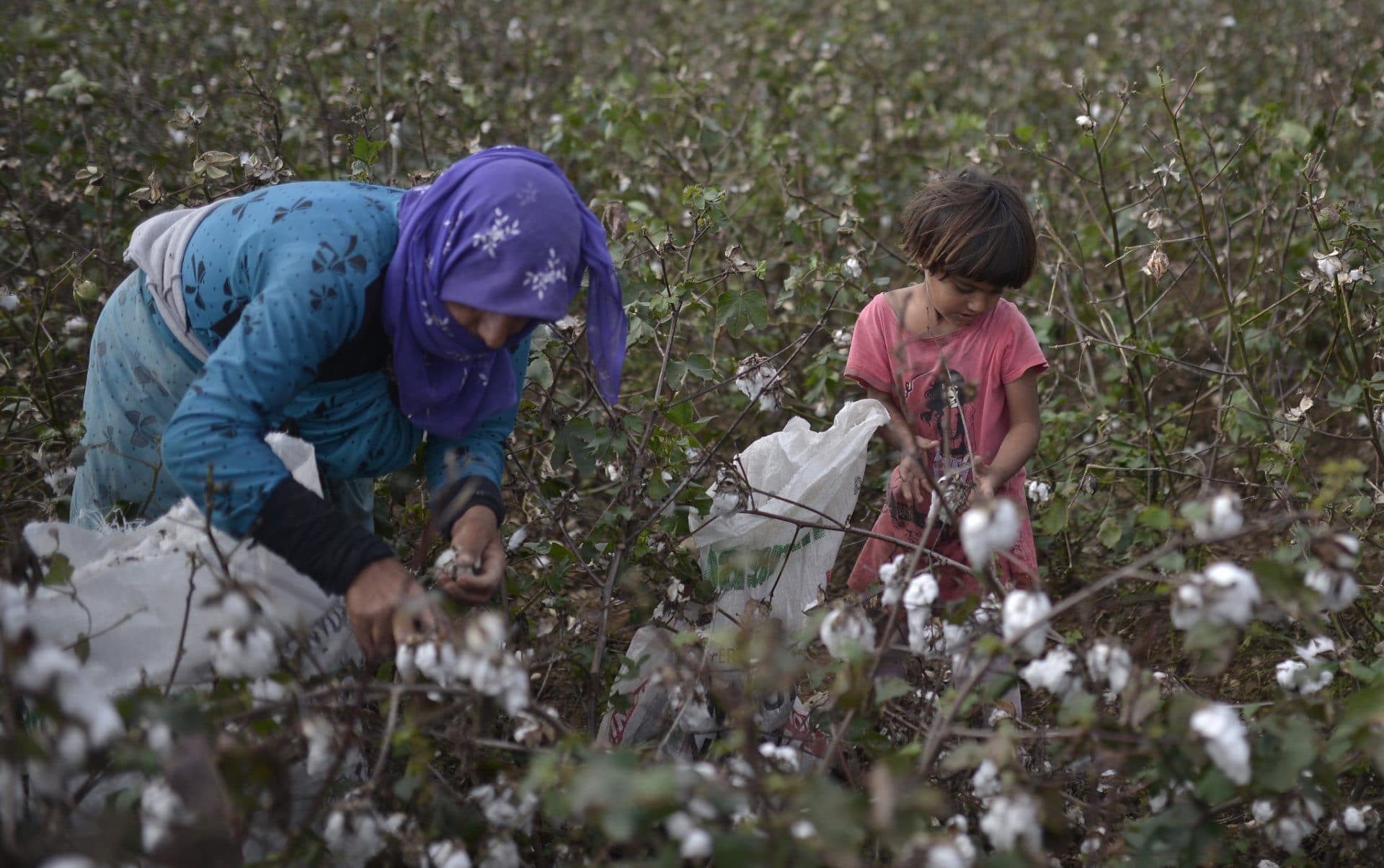
Making A Difference
Growing up as a refugee has taught Karina to become more resourceful, and her experience helps her relate more to the challenges faced by asylum seekers arriving in Canada. The entrepreneur highlights the importance of understanding the value of refugees and appreciating the skills they bring to a new country, something that we don’t often hear in the media. Canada has given Karina and her siblings the opportunity to develop their potential, and the former refugee now wants to give back to society.
Together with her husband, Karina is sponsoring a Syrian family to help them start a new life in Canada. She hopes that their support will help the family integrate into Canadian society as soon as possible and, just like Karina, they will have the opportunity to realize their dreams.
If you want to help by sponsoring a refugee or refugee family, or by getting involved in another way, visit resources like:
- Sponsor A Refugee (for Canadians)
- The UN Refugee Agency. Some ways to help through this agency include making a donation, supporting special events, getting active online and volunteering.
- Sign this Change.org petition to allow US citizens to sponsor refugee families
- Check out these groups working to help refugees
Latest posts by Daniela Frendo (see all)
- 10 Best Zero Waste Makeup Brands + Product Recommendations For Travelers - Nov 30, 2020
- 5 Not-To-Miss Scenic Scotland Hiking Trails - Nov 5, 2019
- Responsible Morocco: Supporting The Women Who Give Us Argan Oil - Jan 9, 2019
- Greenwashing: What It Is & How To Avoid It - Dec 9, 2018
- Exploring Mezcal & Mushrooms In The Land Of The Zapotec - Aug 21, 2017

